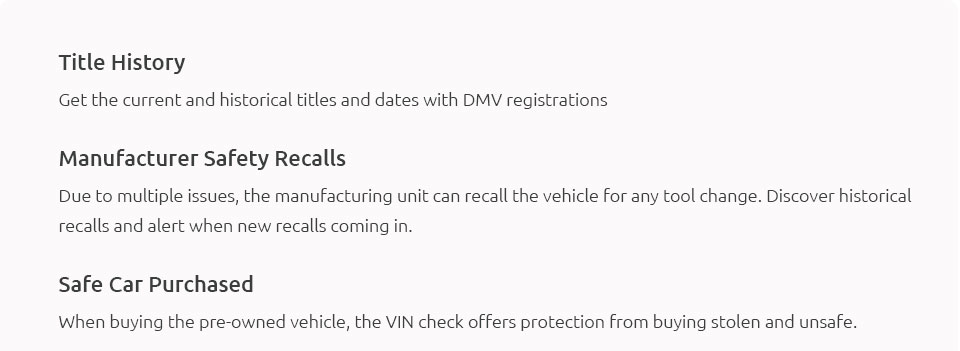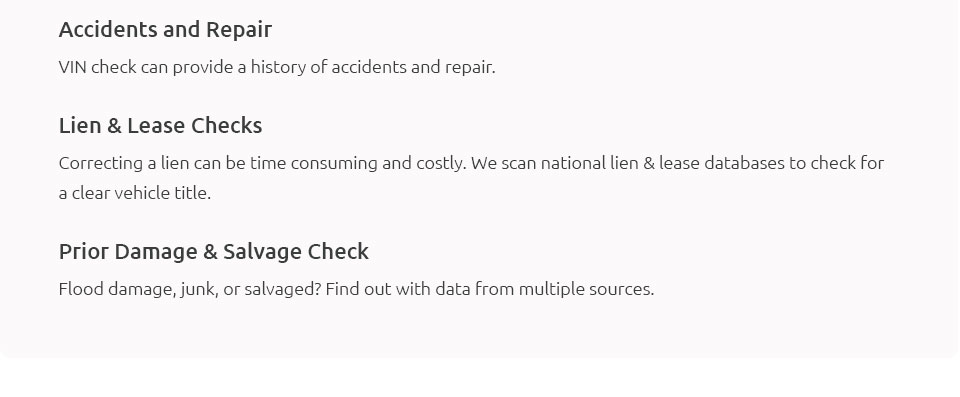 |
 |
 |
||
 |
 |
|
 |
||
 |
 |
 |
 |
||
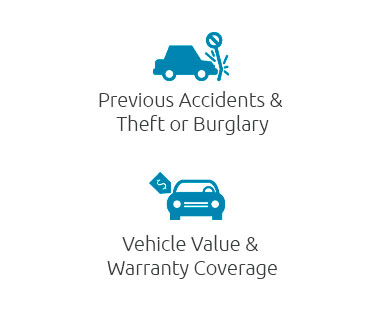 |
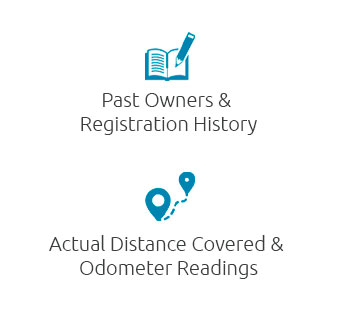 |
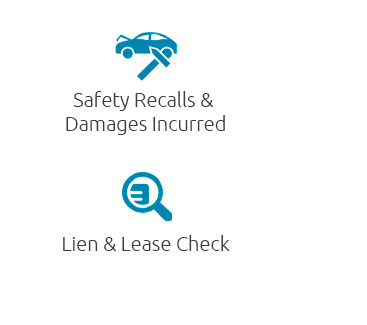 |
 |
 |
||||
|
||||
 |
Exploring Classic Car Values by VIN Number: A Journey Through TimeUnderstanding the value of classic cars is a journey akin to traveling through time, unraveling stories of engineering marvels, cultural significance, and personal nostalgia. In the world of vintage automobiles, a Vehicle Identification Number (VIN) is more than just a sequence of numbers and letters; it is the key to unlocking the history and value of a classic car. The VIN, which serves as the vehicle's fingerprint, offers a plethora of information that can significantly influence the car's value. So, how exactly does one assess classic car values using a VIN number? Well, the process begins with understanding what a VIN entails. Each VIN is unique and provides details such as the car's manufacturer, model, engine type, and the year and place of manufacture. This 17-character code, standardized in 1981, has become a fundamental tool for collectors and enthusiasts alike. The first step in evaluating a classic car's worth is decoding this VIN to gather the essential background information that may affect the car's desirability and, ultimately, its market value. Once the VIN is decoded, it's time to delve into the rich tapestry of the car's history. This includes researching its previous ownerships, accident history, modifications, and restorations. These factors, revealed through meticulous examination of the VIN history report, can either enhance or diminish a car's value. For instance, a car with a storied past, perhaps once owned by a celebrity or featured in a movie, can fetch a higher price at auction. Conversely, a classic car with extensive modifications might appeal to a smaller group of enthusiasts, thereby affecting its marketability. Moreover, the VIN can reveal the car's originality, which is a crucial determinant of value in the world of classic cars. Enthusiasts often seek cars with matching numbers, meaning the VIN corresponds with the engine and other critical components. This originality can significantly boost a car's value, particularly among purists who view such vehicles as pristine examples of automotive history. While VIN decoding is a vital tool in appraising classic cars, it's essential to consider other market factors. Current trends, demand for specific models, and even economic conditions can influence a classic car's value. In recent years, there has been a noticeable surge in interest for certain marques, such as Porsche and Ferrari, driving up their values considerably. It is intriguing to note how cultural shifts and nostalgia for certain eras can lead to fluctuations in classic car markets. In conclusion, assessing classic car values by VIN number is a multifaceted process that requires a blend of historical research, market analysis, and a passion for the art of automotive engineering. Whether you're a seasoned collector or a curious novice, understanding the significance of the VIN can provide invaluable insights into the fascinating world of classic cars. So next time you come across a vintage beauty, remember that its VIN holds the secrets of its past, and possibly, the key to its future value. https://jctaylor.com/classic-car-values/
ClassicCarValue.com is a first of its kind tool that allows users to find an accurate classic car value online by comparing data from multiple classic and ... https://www.hemmings.com/how-much-is-my-classic-car-worth
Hemmings cannot guarantee the accuracy of vehicle valuations and assumes no ... https://americancollectors.com/classic-car-values/
A collector car's market value is best determined by understanding supply and demand, using historical sale prices, and reviewing current asking prices on ...
|

